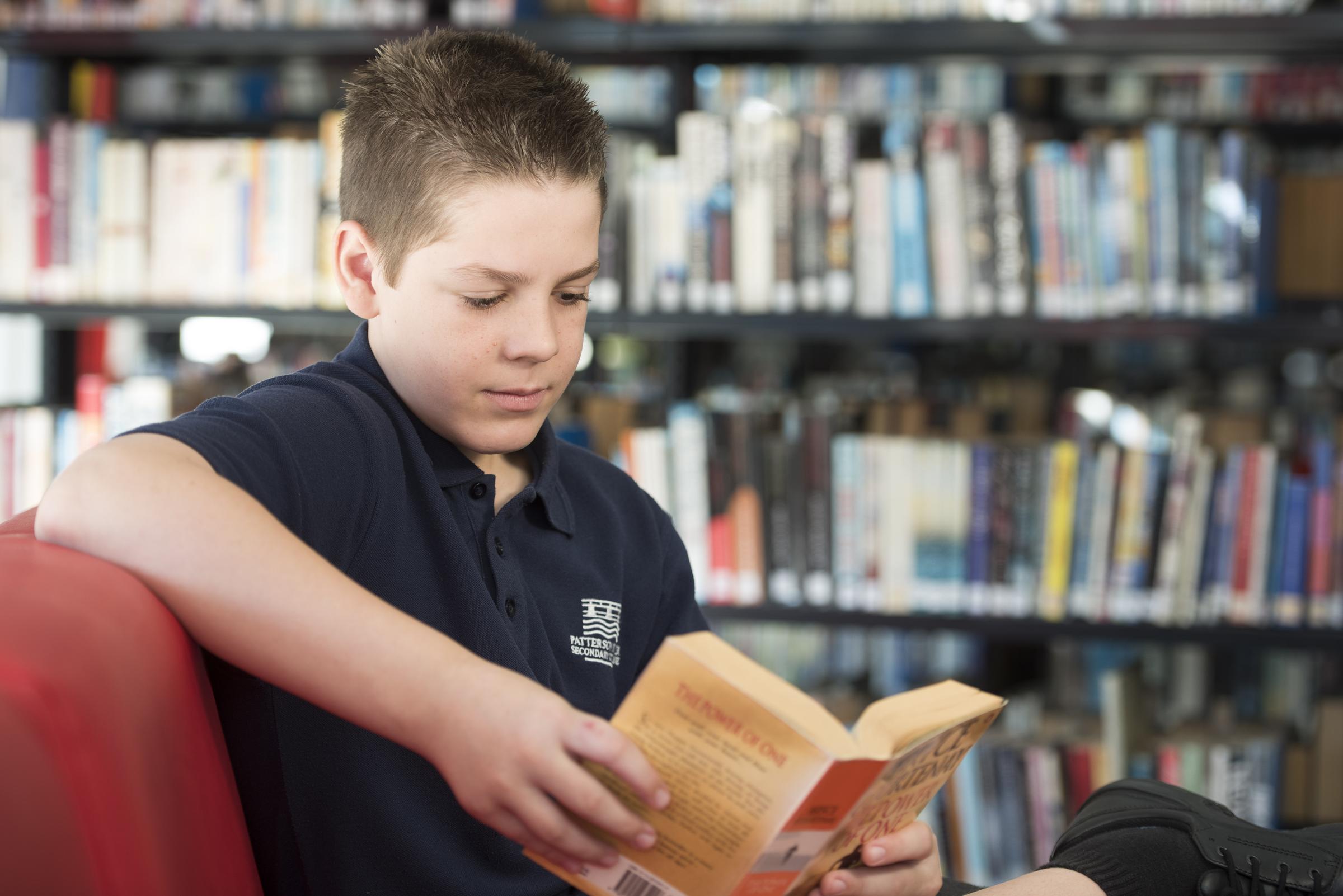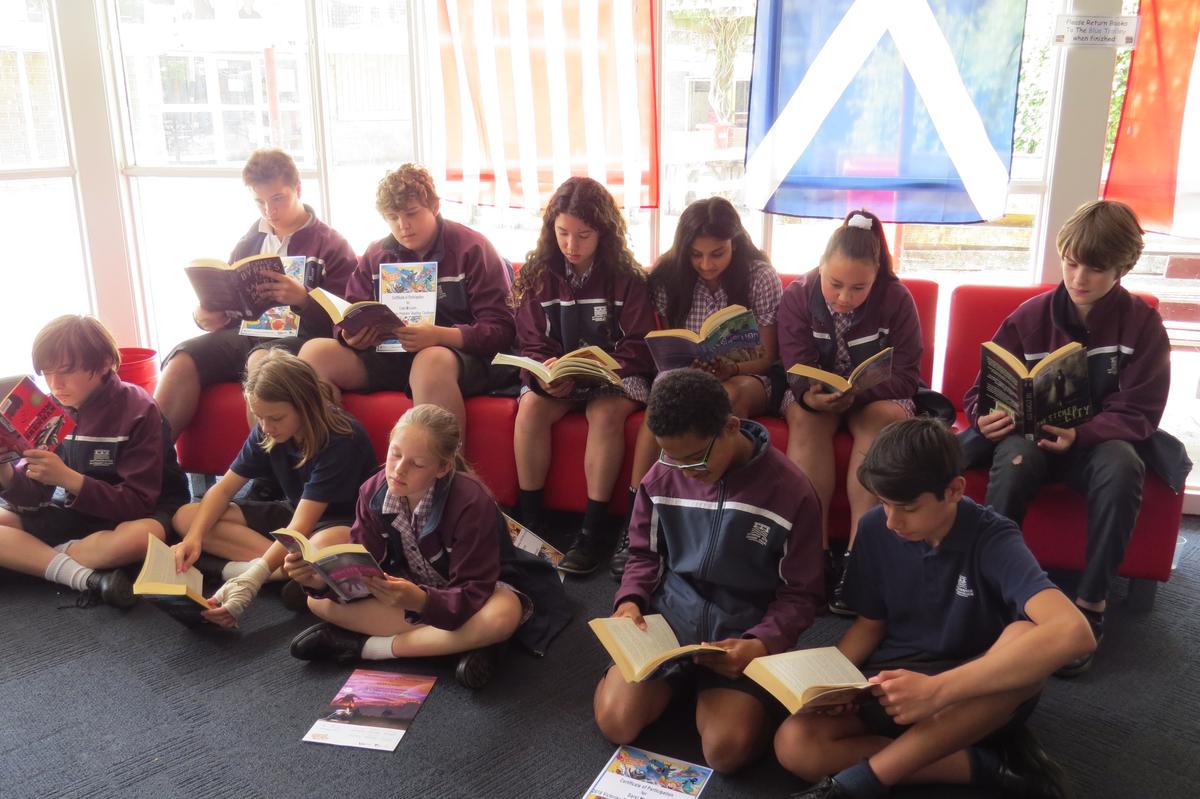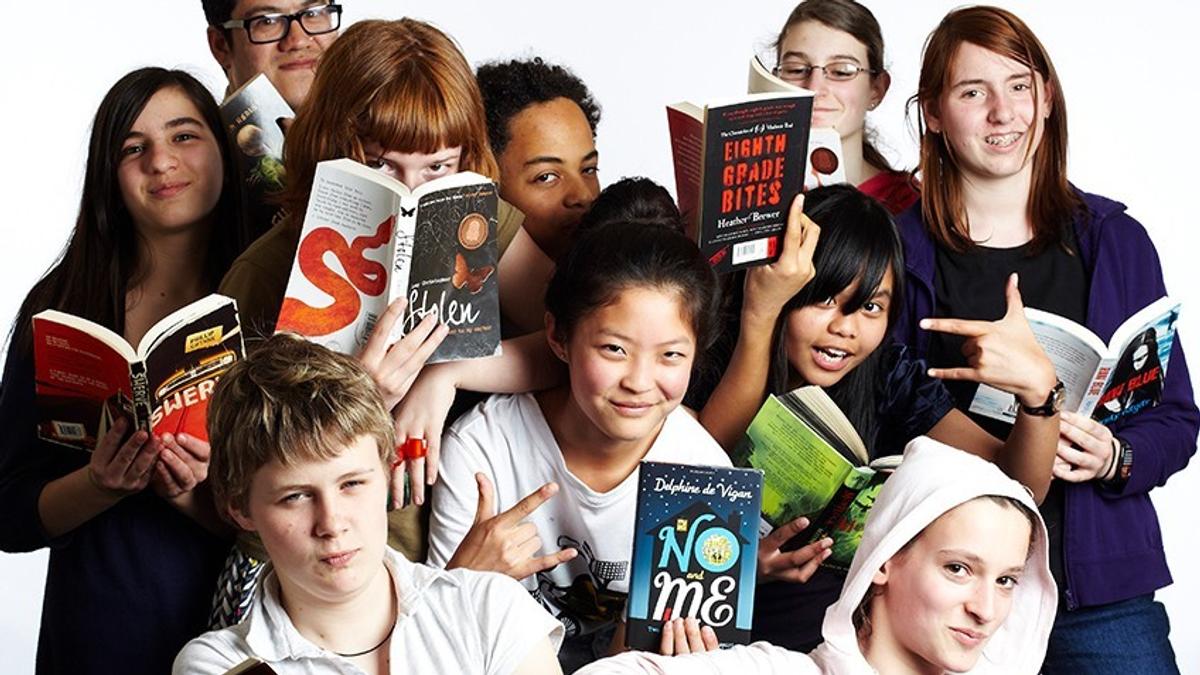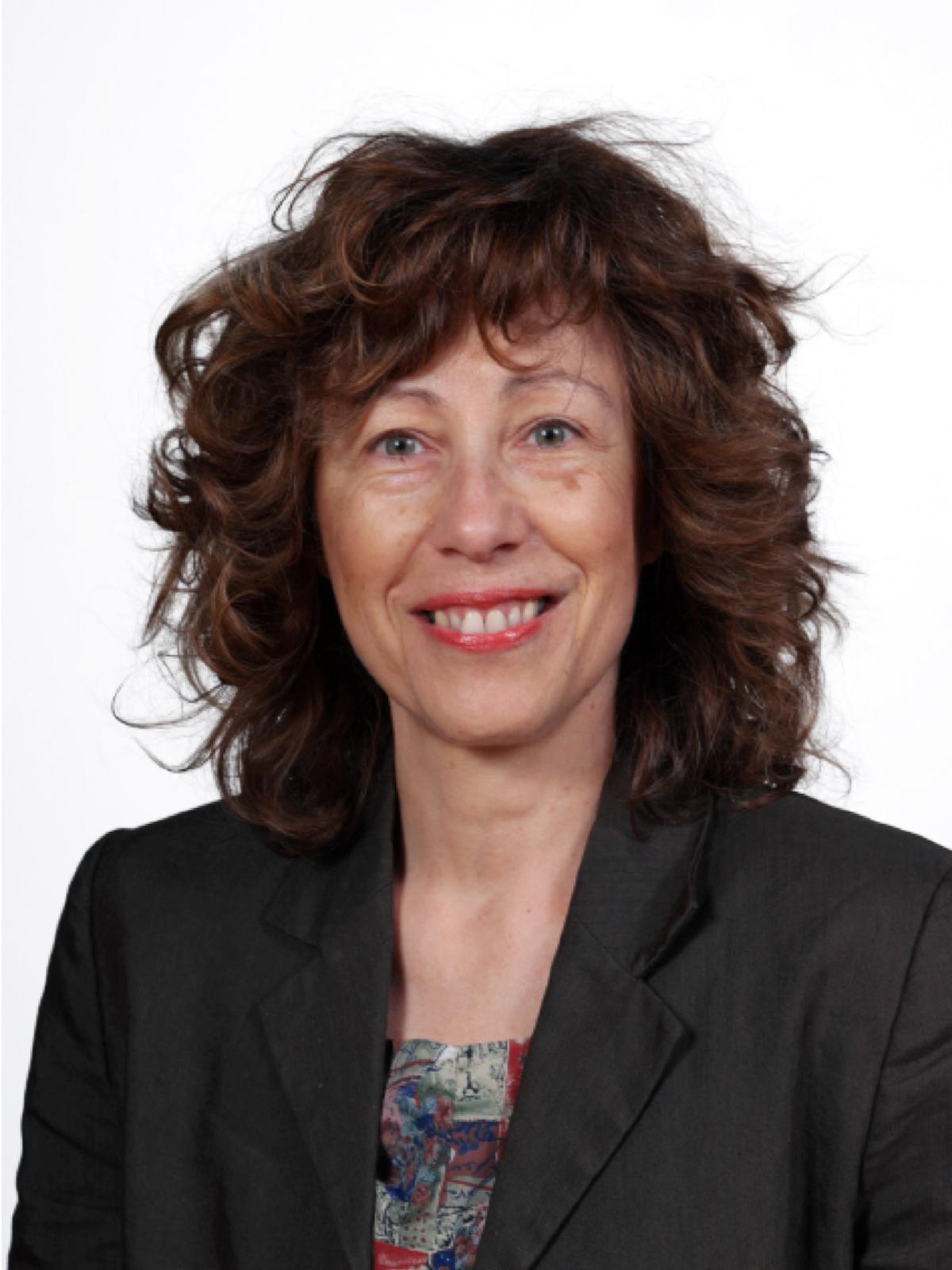Library Bytes

Reading Challenge is Back!
Love a good read … do not delay … join us in the Library at lunchtime on Wednesdays.
How does the Reading Challenge work?
Students in Years 7 to 10 who accept the Challenge must read 15 books during this period and use the online system for recording books.
Students need to collect a registration form and return it to Mrs Bernardo in the Library – to be registered.
A username and password will be generated.
| Year level | Number of books | Number from the Challenge book list |
| Year 7 | 15 books | 10 or more |
| Year 8 | 15 books | 10 or more |
| Year 9 | 15 books | 10 or more |
| Year 10 | 15 books | 5 or more |
REGULAR WEDNESDAY LUNCHTIME MEETINGS IN THE LIBRARY ARE ANNOUNCED ON COMPASS
2019 Victorian Premiers’ Reading Challenge
Rules for Challengers:
- You will register as a Challenger and keep a record of your reading on the Reading Challenge website.
- All students in Year 7 to Year 10 are welcome.
- R.C. runs between March and September.
- Must read the number of books outlined above.
- Your online list of books must be verified as read by a coordinator.
School Holiday Program at the State Library
- Story Camp
Dates: 8th April – 10th April 2019
Location: Wheeler Centre
176 Little Lonsdale Street, Melbourne
Phone: 03 8664 7014
Email: youthlit@slv.vic.gov.au
Cost: Free (eligibility criteria applies)
Do you have big dreams of penning a poem or publishing your own zine?
This is your chance to meet and learn from some of Australia's most exciting and inspiring storytellers in a free school holiday workshop for 12 to 15-year-olds.
For more information, please call the Library's Centre for Youth Literature team on 03 8664 7014 or email youthlit@slv.vic.gov.au.
Story Camp is presented by the Centre for Youth Literature at the State Library Victoria and Express Media, supported by the Crown Resorts Foundation and Packer Family Foundation.
Check your eligibility and join a Story Camp
Snuggle Up to a Book
Author, Tim Harris gives us five reasons for reading:
- Reading improves concentration. Memes, GIFs, lightning-quick video editing, texting and social media platforms give us tiny snippets of information. We scan and scroll on to the next snippet. Reading a book is a completely different experience. Investing time in a book can help strengthen concentration.
- Books educate. The teach readers about the world around them. Screens can do this too, but knowledge is absorbed differently through books.
- Reading enhances language skills. Through a variety of books, the reader is exposed to a variety of language techniques, vocabulary and varying sentence structure. This can add to one’s use of language, both written and spoken.
- Reading helps develop empathy. It will certainly prompt readers to reflect on themes and issues in their world from varying perspectives.
- Books are great for the imagination. Screens can be too, but the problem with devices is that the visuals are simply given to the viewer. Both picture books and novels encourage the reader to create their own scenes and movements. A different side of creativity is sparked.
https://www.penguin.com.au/articles/2135-make-2019-the-year-of-the-book
Mrs Patricia Bernardo
Library Manager



